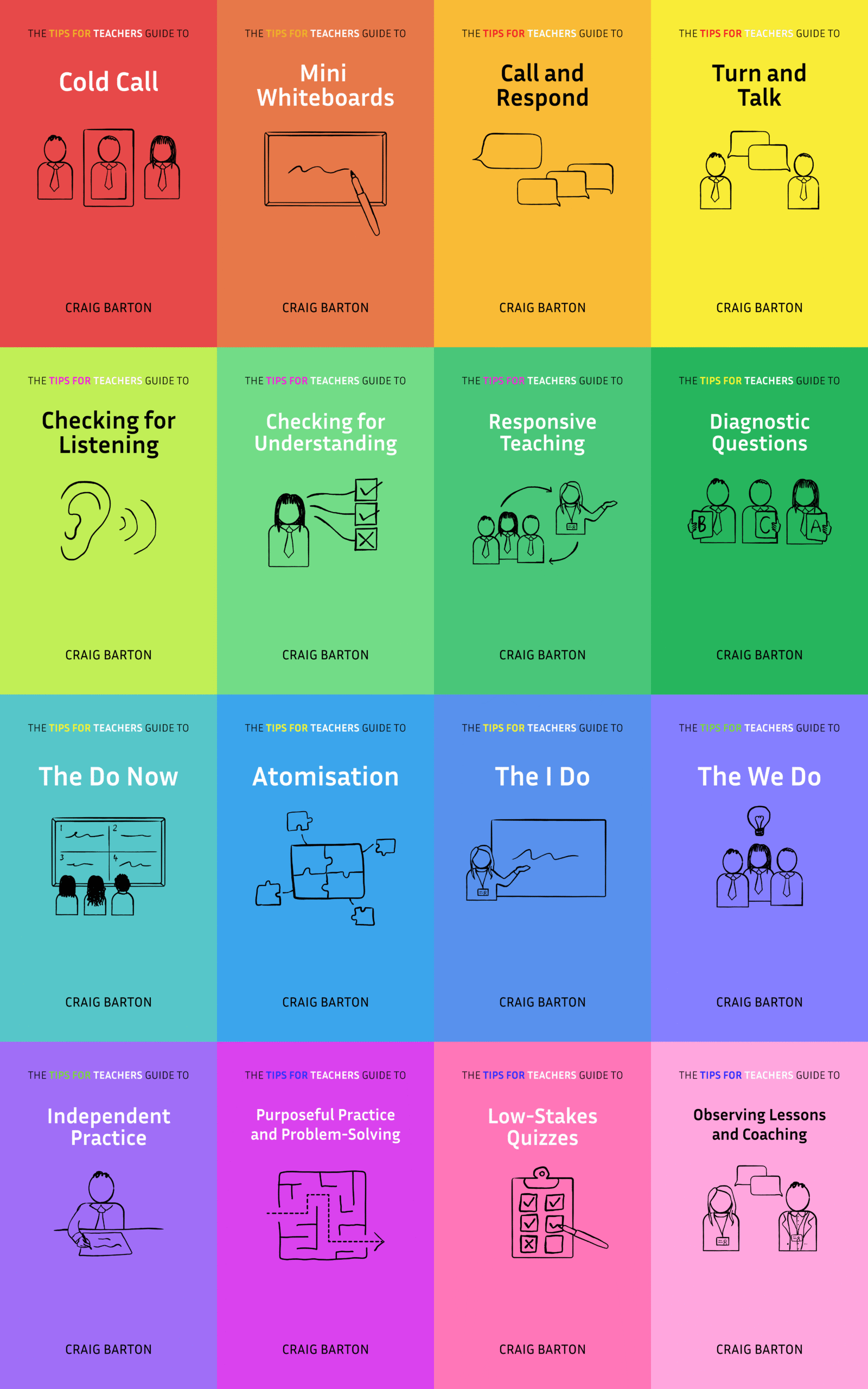Summary:
This YouTube transcript discusses the challenges of distraction and maintaining focus, both for students and teachers. The speakers highlight the detrimental effects of readily available technology, such as iPads, on students’ attention spans in the classroom. They also address the importance of attention management techniques for teachers, emphasizing the need for structured time management and minimizing distractions like email. Cal Newport’s concept of “deep work” is referenced as a framework for improving focus and productivity. The conversation concludes by suggesting that teachers should actively train students’ attention and prioritize their own focused work time.
Time-stamps
- The challenge of distraction addiction in the classroom, particularly with the prevalence of devices like iPads: [0:50-2:00], [3:00-4:00]
- The benefits of minimalism and focused attention in the classroom: [1:30-2:00]
- The importance of attention management for adults, especially in open-plan offices: [2:00-3:00]
- Cal Newport’s concept of deep work and its implications for teaching and learning: [2:20-2:40], [4:00-5:00]
- The tension between the need for variety and the importance of sustained focus in lesson planning: [4:30-5:10]
- The value of incorporating blocks of silent work into lessons to train attention: [5:20-6:00]
- The impact of technology on attention and productivity, particularly email: [6:00-7:30]
- The importance of scheduling time for specific tasks and avoiding distractions: [7:30-8:40]
- The benefits of disconnecting from technology and being present in other areas of life: [8:40-9:20]
What are the key implications for teachers in the classroom?
- Teachers need to be aware of the “distraction addiction” that many young people face. With the prevalence of technology, it can be difficult for students to focus on their studies. Teachers should be mindful of this when planning lessons and try to create an environment that is conducive to learning. For example, they might consider using minimalist approaches in the classroom, such as limiting the use of technology or keeping the amount of visual information on display to a minimum. They might also consider incorporating short, focused tasks into their lessons, as well as providing students with opportunities to work in silence.
- Teachers need to find ways to manage student attention in the classroom. One strategy is to use a variety of teaching methods to keep students engaged. Teachers should also be clear about their expectations for student behavior and provide students with regular feedback on their work.
- Teachers need to be mindful of their own attention and productivity. They should schedule their time carefully and avoid distractions, such as email and social media. It is important for teachers to prioritize their own well-being, both for their own sake and for the sake of their students. By taking care of themselves, teachers will be better able to focus on their teaching and provide their students with the best possible learning experience.
- Schools should be designed to minimize distractions. Open-plan classrooms can be very distracting for students. If schools are going to use open-plan classrooms, they need to find ways to minimize the noise and visual distractions.
- The use of technology in the classroom should be carefully considered. While technology can be a valuable tool for learning, it can also be a major distraction. Teachers should use technology in a way that enhances learning and does not detract from it. For example, they might consider using technology for specific tasks, such as research or presentations, but avoid using it for activities that can be done just as well without technology.
The sources also suggest that teachers should be aware of the “shutdown mode,” which is a time when they can disconnect from work and focus on other aspects of their lives. This is important for teachers to maintain a healthy work-life balance.









